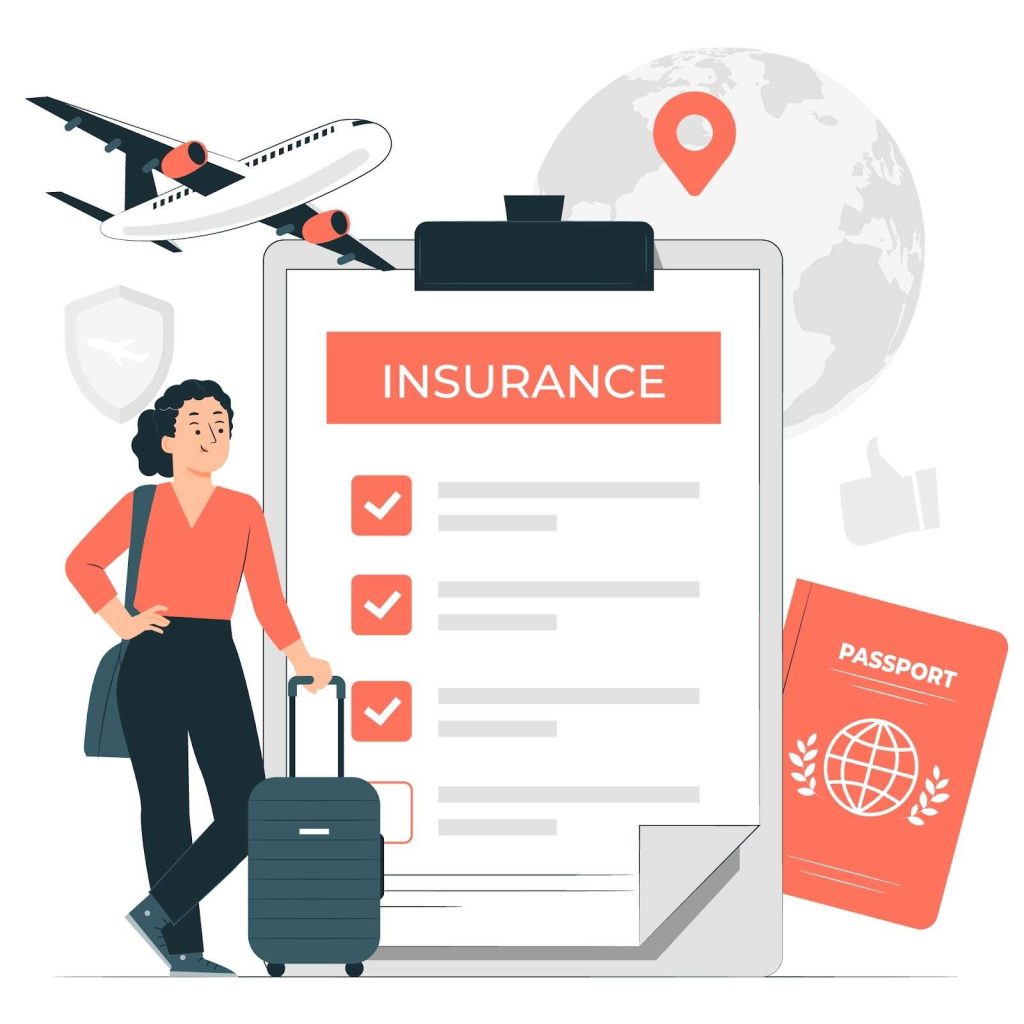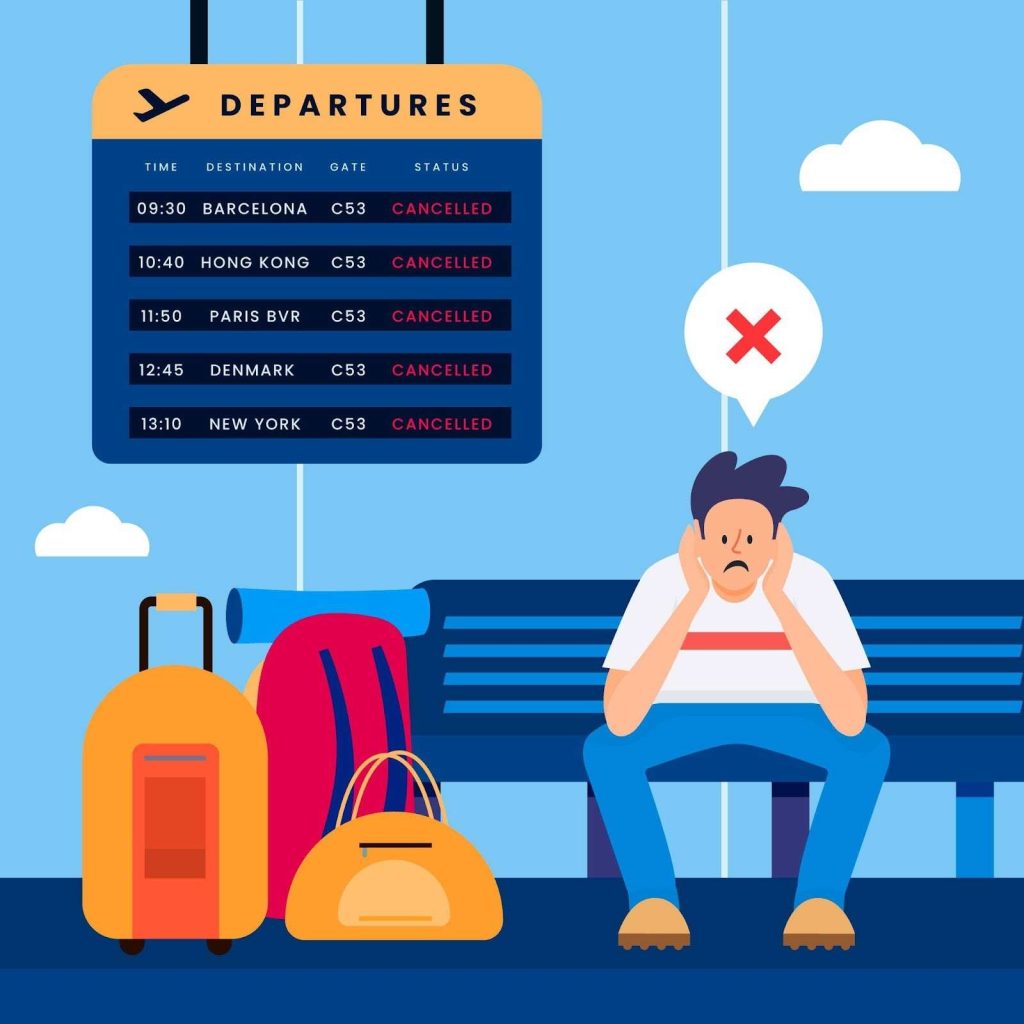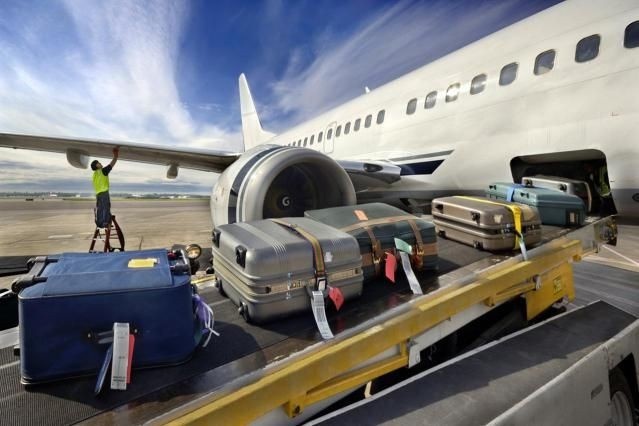What Does Travel Insurance Cover? Understanding this is crucial before your next trip, as unexpected events can quickly turn travel into a costly experience. From medical emergencies and flight cancellations to lost or delayed luggage, knowing what your policy protects can save you thousands.
Many travelers skip travel insurance, thinking it’s an extra cost, until they face surprise medical bills or last-minute disruptions. This guide explains what travel insurance covers and helps you choose the right plan to safeguard your journey in 2025.
What Does Travel Insurance Cover: Key Highlights
Travel insurance protects your trip investment by covering unexpected mishaps before and during travel.
- Medical emergencies abroad can cost tens of thousands-travel insurance covers hospital bills, treatments, and emergency evacuations
- Trip cancellations due to illness, natural disasters, or family emergencies are reimbursed up to your total trip cost.
- Lost or delayed baggage coverage provides immediate cash for essentials and compensates for permanently lost items.
What Is Travel Insurance?
Travel insurance is a short-term policy designed to protect travellers from unexpected financial losses during their trip.

It acts as a safety net covering everything from medical emergencies to trip cancellations, ensuring you’re not left paying enormous bills when things go wrong while away from home.
Types Of Travel Insurance Plans
Here’s a quick comparison of the main types of travel insurance plans, highlighting what each covers and who they’re best suited for.
| Insurance Type | Includes Medical? | Trip Cancellation? | Baggage Loss? | Best For |
|---|---|---|---|---|
| Comprehensive Plan | Yes | Yes | Yes | Most travelers |
| Medical-Only Plan | Yes | No | No | Budget travellers, students |
| Evacuation-Only Plan | Yes (Evac only) | No | No | Remote adventure travellers |
| Accidental Death Plan | Yes (death only) | No | No | High-risk travel (flights) |
Use this table to choose a plan that fits your travel style, risk level, and budget, whether you need full coverage or just medical protection.
1. Comprehensive Plans
These all-inclusive policies cover trip cancellation, medical emergencies, baggage protection, and additional benefits.
They offer the most complete protection for travellers who want peace of mind across all aspects of their journey.
2. Medical-Only Plans
Medical-only travel insurance plans are designed to cover health-related emergencies that may occur while you’re abroad, such as accidents, illnesses, or hospital stays.
These affordable plans are especially suitable for students, backpackers, and budget-conscious travellers visiting countries where healthcare is expensive, providing peace of mind without the cost of full trip coverage.
3. Evacuation Plans
Specialised coverage for emergency medical transportation and evacuation services.
Perfect for adventure travellers visiting remote locations where standard medical facilities may not be available or accessible.
4. Accidental Death Plans
Basic coverage that primarily focuses on severe outcomes during travel. These minimal policies are typically chosen for high-risk activities like frequent flying or extreme sports participation.
Add-Ons and Optional Coverages in Travel Insurance
Beyond the standard benefits, travel insurance often offers optional add-ons that can provide extra protection and peace of mind. These coverages can be tailored to suit your specific travel needs:
- Personal Accident Cover – Offers financial protection in case of accidental injury during your trip, helping cover medical expenses or compensation for permanent disability.
- Hijack Distress Allowance – Provides compensation if your flight is hijacked, helping you manage unforeseen costs and emergencies.
- Loss of Passport – Covers expenses and provides assistance if your passport is lost or stolen while traveling, ensuring you can continue your journey with minimal disruption.
Including these add-ons can make your travel insurance more comprehensive and better equipped to handle unexpected situations abroad.
What Travel Insurance Covers
Travel insurance offers a safety net for unexpected disruptions, covering everything from trip cancellations to medical emergencies and lost baggage.
1. Trip Cancellation & Interruption
This coverage reimburses non-refundable trip expenses when you must cancel or cut short your travel due to covered reasons.
Common scenarios include sudden illness, injury, death of a family member, natural disasters at your destination, or job loss.

The policy typically covers up to 100% of your prepaid, non-refundable trip costs, including flights, hotels, and tours.
2. Emergency Medical Coverage
Travel insurance covers medical expenses incurred due to illness or injury while travelling abroad.
This includes hospital stays, doctor visits, prescription medications, and emergency dental care.

Coverage is especially crucial when visiting countries with expensive healthcare systems, where a simple emergency room visit could cost thousands of dollars without insurance protection.
3. Emergency Evacuation & Repatriation
This benefit covers the cost of emergency medical transportation to the nearest adequate medical facility or back to your home country.
Services include air ambulances, helicopter rescues, and medically-equipped flights. Evacuation costs can easily exceed $100,000, making this coverage essential for travellers visiting remote areas or countries with limited medical infrastructure.
4. Lost, Stolen, or Delayed Baggage
Baggage coverage compensates you for lost, stolen, damaged, or delayed luggage and personal belongings.
If your bags are delayed, the policy provides immediate funds to purchase essential items like clothing and toiletries.

For permanently lost items, you receive reimbursement based on the actual cash value or replacement cost of your belongings.
5. Travel Delays And Missed Connections
When flights are significantly delayed or you miss connections due to covered reasons, this benefit reimburses additional expenses.
Coverage includes meals, accommodations, and transportation costs while you wait for alternative travel arrangements.
Some policies also cover the cost of rebooking flights or alternative transportation to reach your destination.
6. 24/7 Assistance Services
Round-the-clock support services provide help when you need it most during your travels.
Services include medical referrals to local healthcare providers, legal assistance, emergency cash transfers, and rebooking assistance for flights or accommodations.
This support is invaluable when dealing with emergencies in unfamiliar locations or foreign languages.
7. Accidental Death & Permanent Disability
This coverage provides financial protection in the unfortunate event of accidental death or permanent disability during your travels.
It ensures that you or your beneficiaries receive a predetermined sum, giving reassurance for worst-case scenarios such as serious injuries from accidents, falls, or transportation mishaps.
The coverage amount varies by policy, and it may also include compensation for partial or permanent disability, helping travellers and their families manage the financial impact of unforeseen accidents abroad.
How Does Travel Insurance Work?
Travel insurance works on a reimbursement basis. You pay for covered costs first. Then, you file a claim with proof to get your money back.
Most policies need you to reach out to the insurance company within a certain time. You must also provide receipts, medical reports, or other proof for your claim to get processed and approved.
What’s Not Covered In Travel Insurance?
While travel insurance offers valuable protection, it doesn’t cover everything. Here are some common exclusions to watch out for:
- High-Risk Activities: Injuries from adventure sports like skydiving, scuba diving, or mountain climbing are usually excluded unless you’ve purchased an add-on for extreme sports coverage.
- Alcohol- or Drug-Related Incidents: Any claims arising from accidents or injuries that occur while under the influence of alcohol or drugs are typically denied.
- Travel Against Government Advisories: If you travel to a country or region under an official government travel warning, your insurance may not cover any losses or emergencies there.
- Pre-Existing Medical Conditions: Most policies won’t cover pre-existing health issues unless you disclose them upfront and get a waiver approved by the insurer.
- War, Terrorism, or Civil Unrest: Losses caused by war, terrorist attacks, riots, or civil disturbances are usually excluded from standard travel insurance plans.
- Other Common Exclusions:
Cosmetic procedures, elective surgeries, or medical tourism-related treatments.
Acts of negligence or illegal activities.
Normal wear and tear or mechanical failure of personal items like electronics.
How Much Does Travel Insurance Cost?
Travel insurance typically costs between 4-10% of your total trip cost, with pricing based on factors like your age, destination risk level, coverage type, and trip duration.
| Trip Cost (USD) | Estimated Insurance Premium (4–10%) |
|---|---|
| $1,000 | $40 – $100 |
| $2,500 | $100 – $250 |
| $5,000 | $200 – $500 |
| $10,000 | $400 – $1,000 |
Younger travellers and domestic trips generally cost less to insure, while older travellers or those visiting high-risk destinations pay higher premiums. Detailed plans cost more than basic medical-only coverage.
What Should Travel Insurance Ideally Cover?
Travel insurance must cover emergency medical costs of at least $100,000. It should also protect against trip cancellation for the full trip cost. Lastly, it needs to include baggage coverage for your items.

Additional valuable coverage includes emergency evacuation, travel delay compensation, and 24/7 assistance services to help you navigate emergencies abroad.
How To Select A Good Travel Insurance?
First, check your travel risks. Check your destination’s healthcare costs. Review your planned activities and your current health insurance coverage while abroad.
Compare policies based on coverage limits, exclusions, and deductibles rather than just price.
Read the fine print closely. Pay attention to pre-existing conditions and activity exclusions. Buy your policy soon after booking your trip. This way, you’ll get the best protection.
Why Travel Insurance Is Mandatory In Some Countries?
Several countries legally require proof of travel insurance before granting entry visas or permits.
Schengen Area countries in Europe mandate minimum medical coverage of €30,000 for visa applications.
Thailand, Cuba, and many other destinations have similar requirements to ensure visitors can cover potential medical expenses and avoid becoming a burden on local healthcare systems.
Related Reads:
Conclusion: Travel Insurance Covers Cancellations, Medical Emergencies, Baggage Issues, Delays, and Provides 24/7 Support
Travel insurance covers a range of unexpected events, offering vital financial protection that can save you from major losses during your trip. From sudden medical emergencies and flight cancellations to lost or delayed baggage, the right plan ensures peace of mind no matter where you travel.
With rising healthcare costs and growing travel uncertainties, investing in travel insurance is no longer optional; it’s essential. Whether it’s a short domestic trip or a long international journey, safeguarding your health, finances, and travel plans should always be a priority.
Ultimately, the question isn’t whether you can afford travel insurance, but whether you can afford the risks of traveling without it.
FAQs
You do need travel insurance for international trips especially for medical coverage and trip protection.
Countries require insurance to protect visitors from medical expenses.
Yes, but an early purchase ensures full trip cancellation coverage.
Only with a pre-existing condition waiver purchased within the specified timeframe.
Standard policies exclude war unless specialised coverage is purchased.
Travel insurance covers trip-specific risks; health insurance covers routine care.



